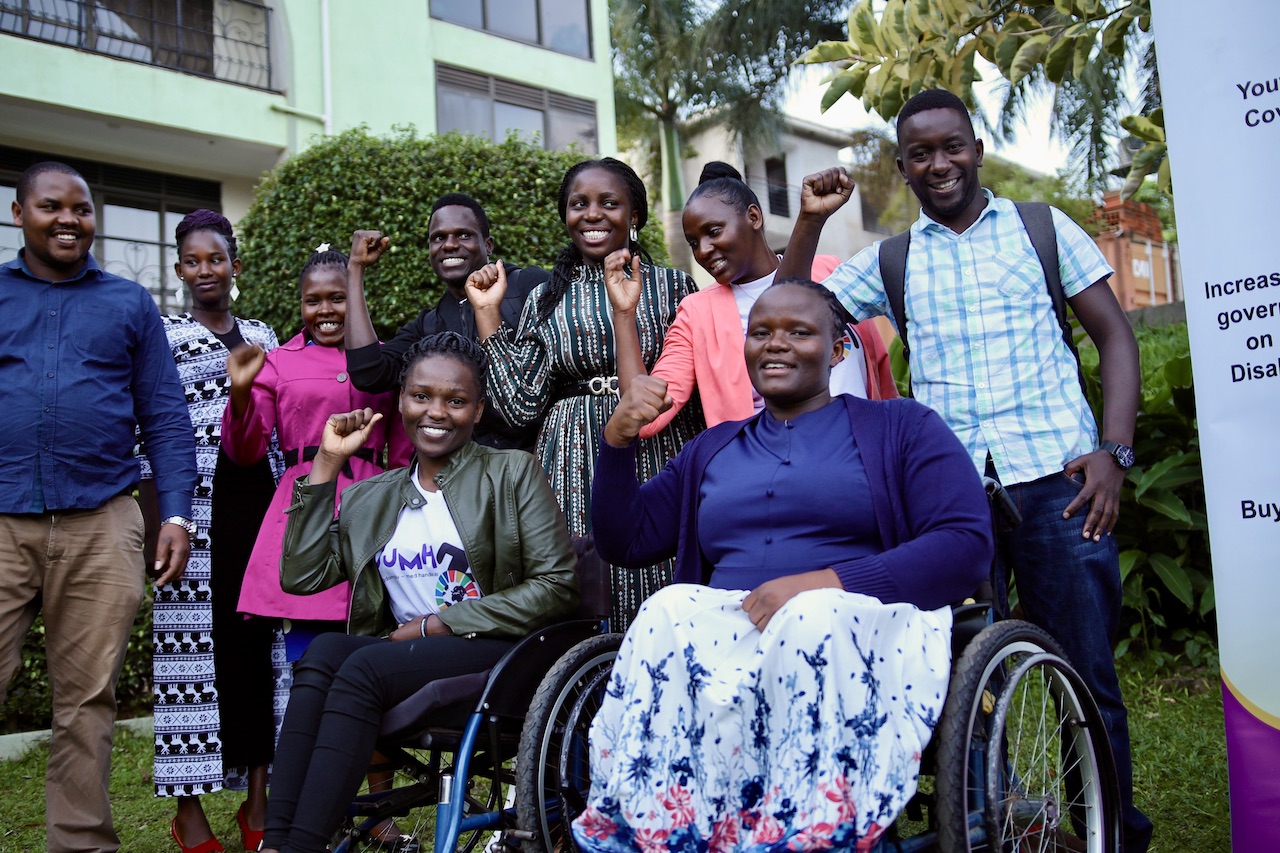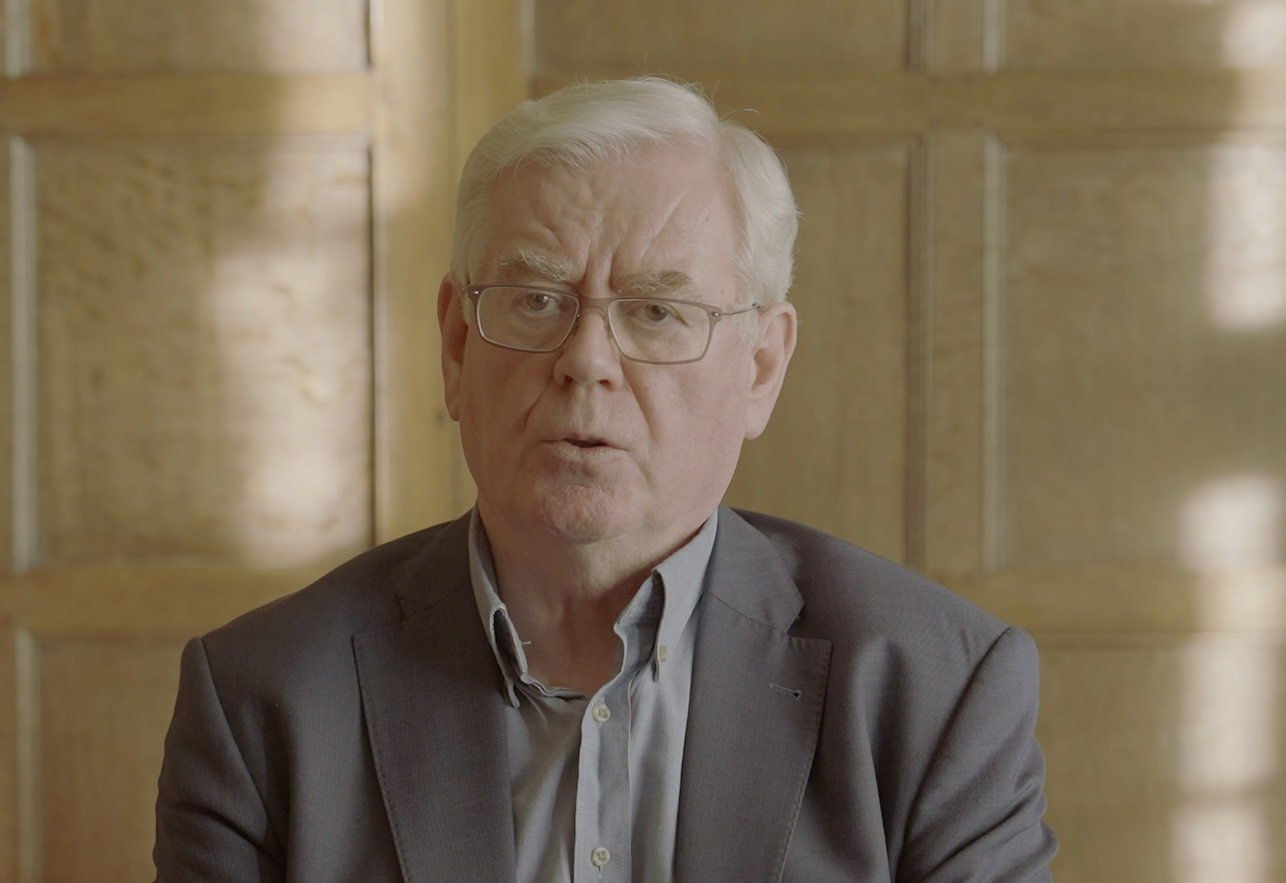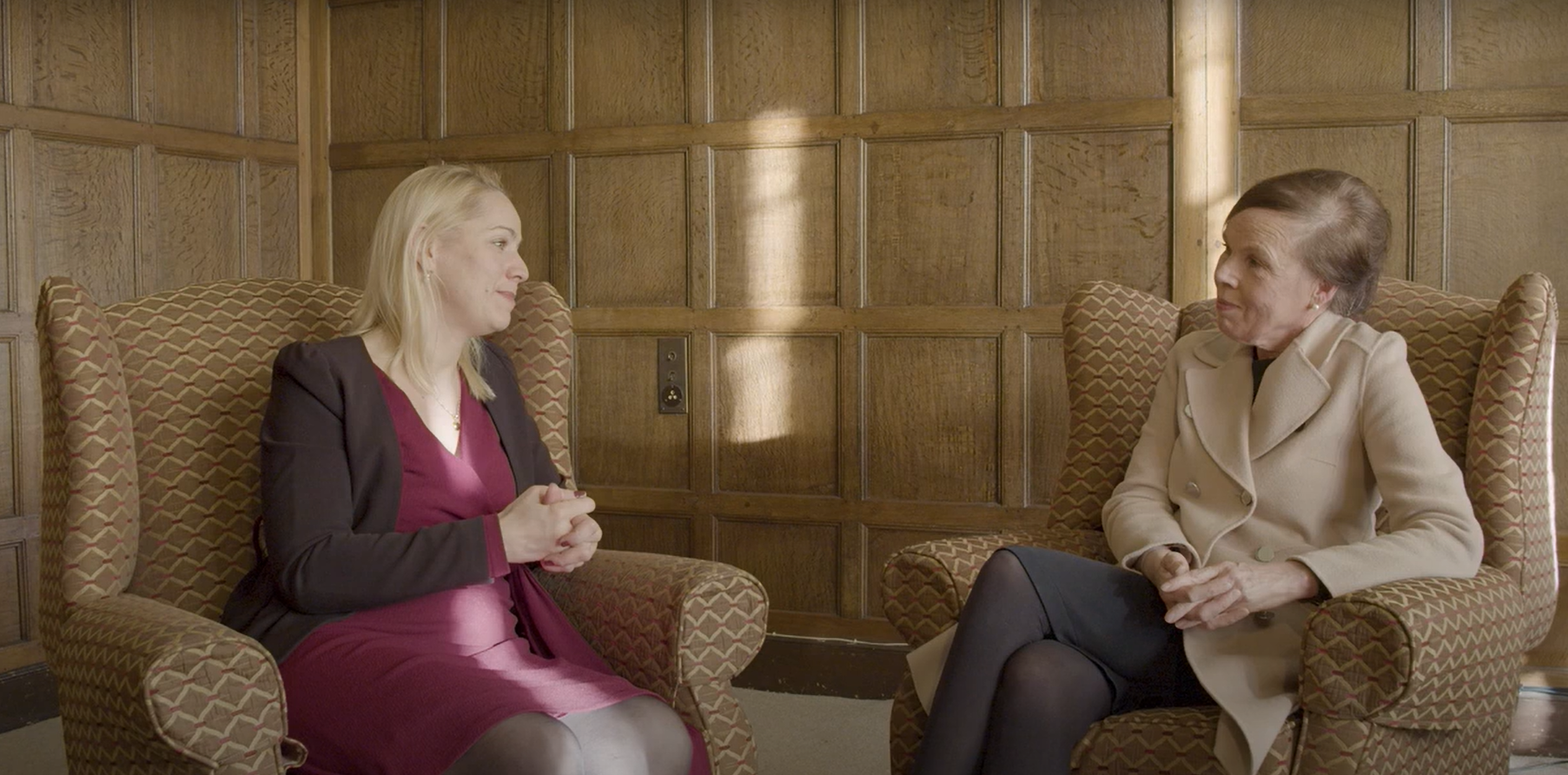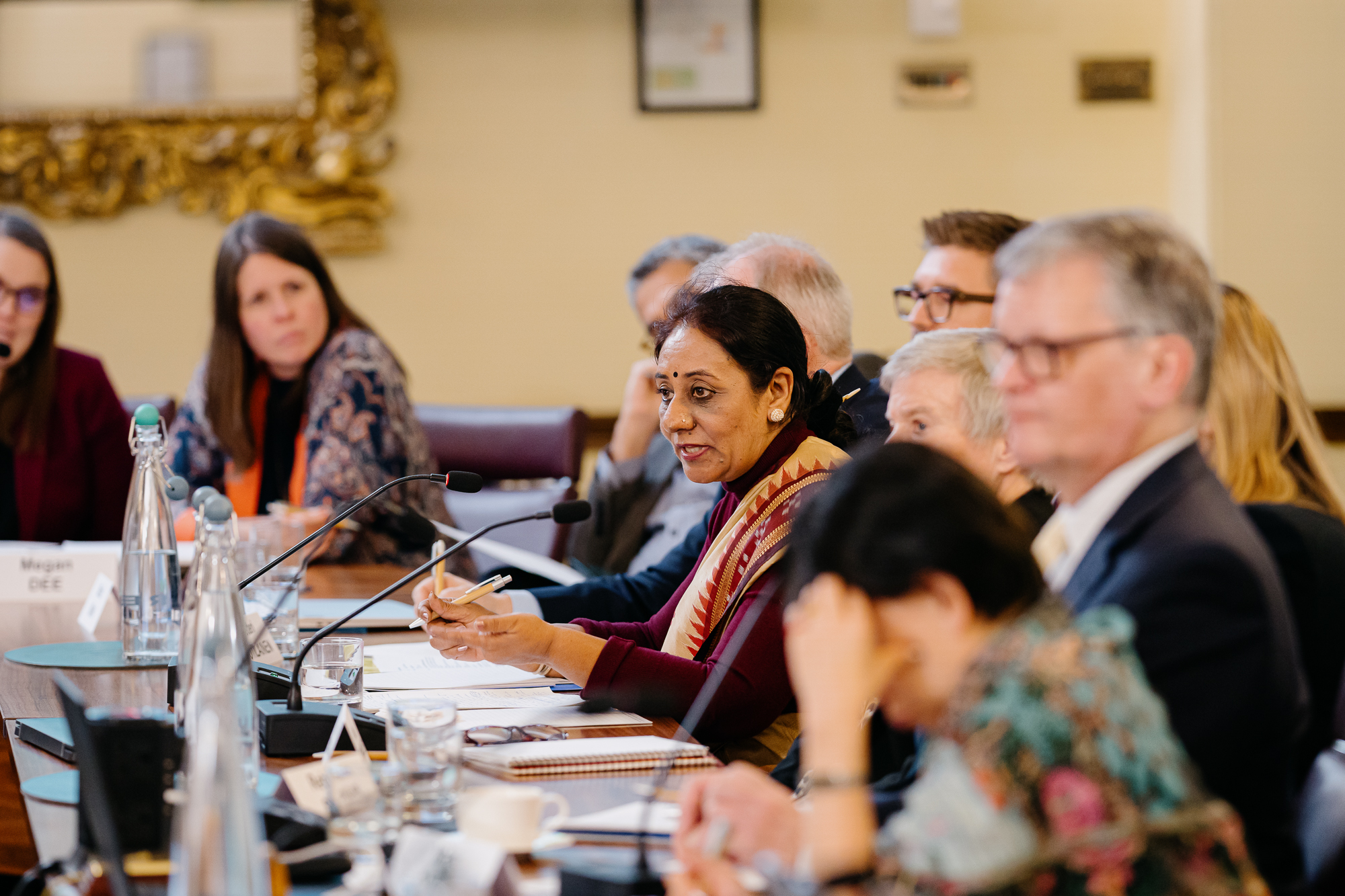This was the third event in the Wilton Park Youth Dialogues: powering the future.
The current unique demographic shift towards a high youth population is particularly acute in developing countries, where 90 per cent of all young people live, and especially in sub-Saharan Africa. A young population offers much potential for the growth and development of a country, but only if their talents are harnessed.
Governments recognise the critical role universities can play in delivering social and economic change. Many have actively encouraged expansion of higher education in both the public and private sector; the number of ‘first generation’ graduates is increasing rapidly. Individual graduates expect to recoup their investment by securing graduate level jobs and widespread disappointment could be a source of instability and political turbulence. On a more macro level, governments expect to recoup their investment by seeing graduates who drive growth and development. To achieve this we need to ensure universities are developing the visionary leaders, competent front line service providers and entrepreneurial business people of the future.
Delivering this expectation presents a huge challenge. University expansion is taking place against a background of huge youth employment, with 75 per cent of young people in developing countries either in irregular work or unemployed. The UK’s experience is that economies will take time to adjust to the increasing supply of graduates. In addition, it is important that the quality of education offered does not suffer. Employers tend to value ‘soft skills’ such as analysis, confidence and personal qualities and there is a risk that these will be more difficult to impart to large classes of students.
So how can we ensure that our expectations of universities are realistic? How can higher education be expected to maximise the chance that students get jobs and, once employed, use their influence to drive development? How can limited resources best be used for this purpose? What are the attributes which employers are looking for and do these differ between private and public employers? How should universities balance employment needs with other responsibilities? What support do they need from government and the business community?
With a focus on employment to drive development and in the context of SDG 8, this dialogue brought together Commonwealth university leaders, government and non-governmental organisations, students and youth organisations, entrepreneurs, business leaders and civil society representatives.












